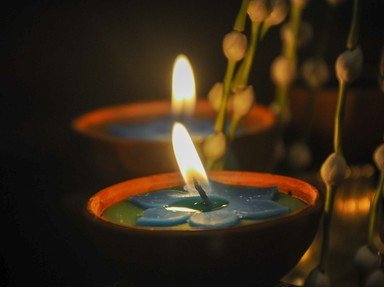Quiz Answer Key and Fun Facts
1. The earliest written records of divination came from which of these civilisations?
2. In Roman times, divination (divinatio) referred specifically to discovering which of these?
3. Although they kept no written records, which of these were the religious leaders of the Celts?
4. Which adviser to Queen Elizabeth I was known for his keen interest in the occult?
5. A belief in guardian spirits was found among which of these people?
6. Tarot cards were first used in which country in the fifteenth century?
7. Divination which uses a reflective item or crystals for enlightenment is known by what name?
8. Although they are unlikely to have been used for divination originally, runes are associated with which part of the world?
9. Used by the Romans, haruspicy referred to divination through the study of which of these?
10. Although we may not consider it as such, which of these is a very common form of divination found in many daily newspapers in the west?
Source: Author
rossian
This quiz was reviewed by FunTrivia editor
looney_tunes before going online.
Any errors found in FunTrivia content are routinely corrected through our feedback system.
